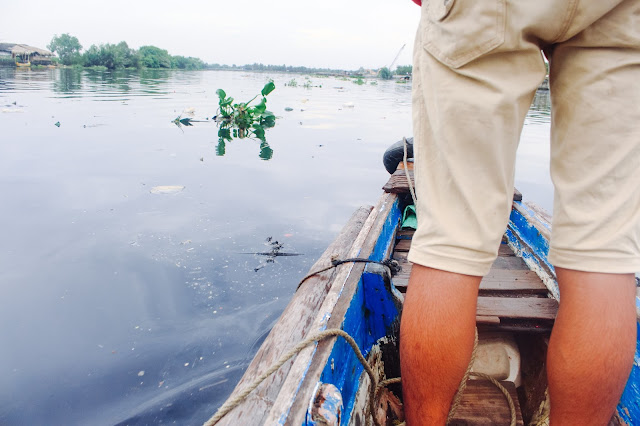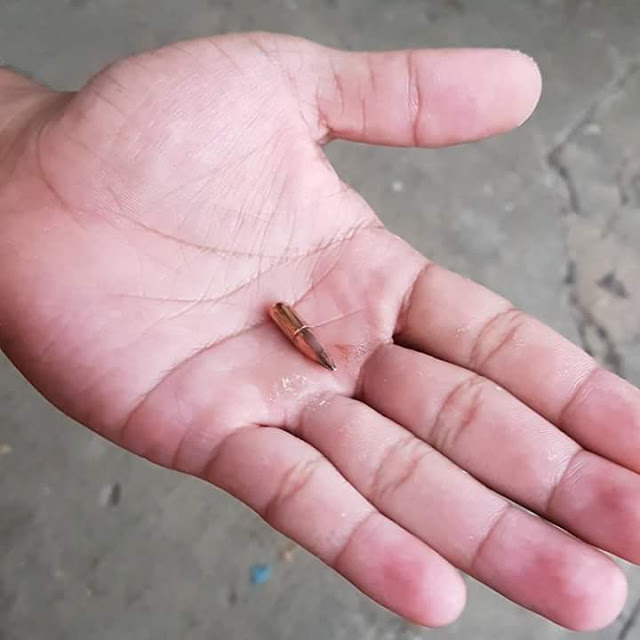TERtiary and Basic Education:
2nd of 3-part Analysis on President Duterte's first year in office
During the Spanish occupation, education was elusive for every Filipino. Only the families in the higher strata had the privilege to send their children in school. This was the colonizers' strategy to keep the Philippines under their power.
At the beginning of the 20th century, Filipinos' hope to finally be educated was made possible by the Americans through the Thomasites, the American soldiers who taught the Filipinos at the time.
For some, the idea of aiming for global competitiveness was acceptable, but to rush things and implement the program without further preparation was a bane.
And as former Pres. Aquino left the post, some thought that the then incoming chief executive Rodrigo Duterte will not be supporting the program, because Duterte himself believed that the Philippines is not yet ready for the educational revolution. As expected in his first State of the Nation Address in 2016, Pres. Duterte did not mention "K-12" not even once, and instead pointed out his own goals to be achieved in his first year: increased spending on basic education, mandatory education on the evils of drugs, and the Alternative Learning System (ALS). Among these three priorities, which one has the best results so far?
Increased Spending on Education
In 2016, the education sector received P435.9B as its budget for the whole year. However, the aforementioned allocation was insufficient due to preparation for the incoming Grade 11 students, whom as promised, would be provided vouchers from the Department of Education (DepEd), depending on the students' parents' income bracket. According to the DepEd's statistics, there are around 10,557 senior high schools in the country
Around 6,000 of those are public senior high schools, while the rest are privately run.
On the other hand, there are 1.4 million SHS enrollees, 731,981 were in public schools, and about 661,655 were in the private. Surprisingly, the department had managed to provide vouchers to 90% of these students. The implementation of the K-12 program was indeed a big challenge, but the Duterte administration has chosen to embrace the predicament.
And as his answer to the dilemma on the financial requirements of the education sector, President Duterte has allotted a much bigger budget that costs P567.6 billion for 2017.
According to the Department of Budget and Management, The Commission on Higher Education (CHEd) received P13.4 billion for 2017, 38 percent higher than the 2016 allocation. State universities and colleges on the other hand, received P58.8 billion in 2017 which is 18.3 percent higher than P49.7 billion in the previous year. On basic education per se, the allocation for basic facilities has risen by 44.3%, from P82.3B in 2016 to P118.8 billion.
Additional manpower's budget has risen by 15.4% and learning resources by 6.7%.
With this bigger allocation, significant changes have become evident. On May 29, 2017, the legislature approved the free college education bill proposed by Senate Bill 1304 and House Bill 5633 that was set to benefit 114 State Universities and Colleges (SUCs) and Local Universities and Colleges (LUCs). The free college education is so far the greatest leap in the Philippine educational system, aside from the free secondary education granted in 1998.
Alternative Learning System (ALS)
As one of his main advocacy in terms of education, President Duterte has put an emphasis on the Alternative Learning System, which has been providing a chance for every Filipino of any age, to finish basic education. From 2005-2015, there were 3,968,116 learners enrolled in the program. And as our Duterte publicly announced his support to ALS, there was an increase in enrollment rate from 586,693 in 2015 to 691,461 in 2016.
So far, the greatest achievement of this program under the current administration is the alignment of its curriculum to the existing K-12.
National Drug Education Program
The president is now globally known as the premier "hater" of illegal drugs, which is why it was no surprise that the National Drug Education Program is now being incorporated in the existing educational instructions and curriculum. The program has been existing since 2009, even before Duterte became the chief executive. So far, the random drug testing in schools and DepEd's orders and seminars on illegal drugs are the changes we've seen since the past year.
However, the report on NDEP's effectivity as well as its implementation nationwide are not yet available.
There might be big changes in terms of tertiary education and basic education per se under Duterte's first term as the president. But just like other sectors, there will always be a marginalized area. In 2013, the Enhanced Basic Education Act of 2013 was ratified by the legislature not just to pursue the K-12 program, but to also introduce the concept of Indigenous People's Education (IPEd).
Two years later, DepEd adopted the said act by issuing the IPEd Curriculum Framework which aimed to provide guidance to schools in contextualizing K-12 to the indigenous people's context.
Natives of the Northern Mountains
In June 2017, an Aeta native made news after completing his bachelor's degree at the University of the Philippines-Manila. Norman King might not be the first from his indigenous group to finish college, but he's the first to bring home a diploma coming from the country's premiere university. According to King, his tribe which resides in Mabalacat, Pampanga values education like a treasure.
Their elderlies push their younger family members to pursue their education despite their challenging geographical location.
Norman also pointed out that the local government of Pampanga has been consistent in helping the community, most especially in keeping free education available to all.Tuition fee aid and scholarship grants are the evidences that the government is exerting effort to lessen, if not completely eradicate illiteracy. On the other hand, the BS Behavioral Sciences graduate also pointed out that the quality of education is becoming better regardless of the country's leader.
Unfortunate Folks of the Southern Ranges
Behind Duterte's shining achievements on education, there will always be a shadow. War is a perennial problem in Mindanao. It does not only affect the development of the islands, but education as well.
Even before President Duterte assumed office, Lumad killings had already been spreading despair amongst Mindanaoans.
But according to Lumads, the violence has worsened since the Duterte administration. During his second SONA, Pres. Duterte made a bomb threat on Lumad schools as these become a place where children are taught about rebellion, but immediately clarified that only empty infrastructures will become the military's target. According to locals, the government accuses them that their schools are illegal, as well as they have been cradling the New People's Army.
Suspicions and allegations aside, there will always be children who have the rights on education regardless of region, ethnical background, and religious beliefs.
The government might consider having a dialogue to these natives to address the latter's overdue cry: to achieve education. The current administration is really commendable for its actions and policies on education. Norman King is the symbol of hope and success for indigenous people, and that they can also be equally competent as those who are in the urban areas.
However, with the existence of Lumads who have been fighting for education for a long time comes the black area.
In order to fully attain the change, the government should also shed light on the marginalized sectors, specifically the Lumads, the unfortunate folks of our southern mountains.


































